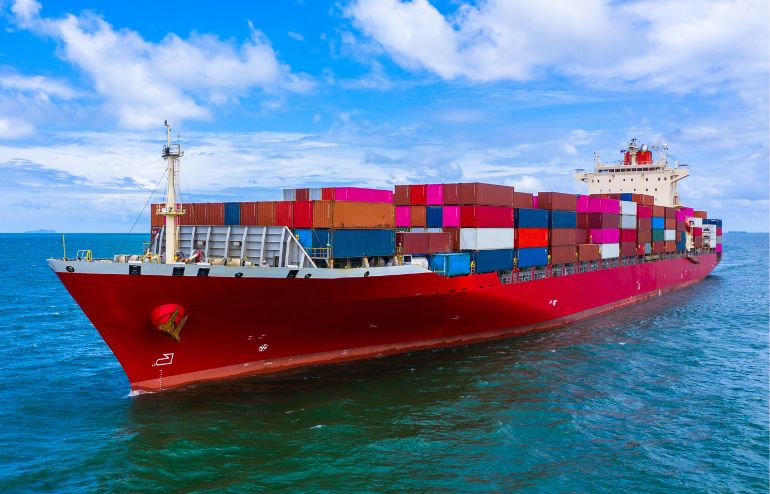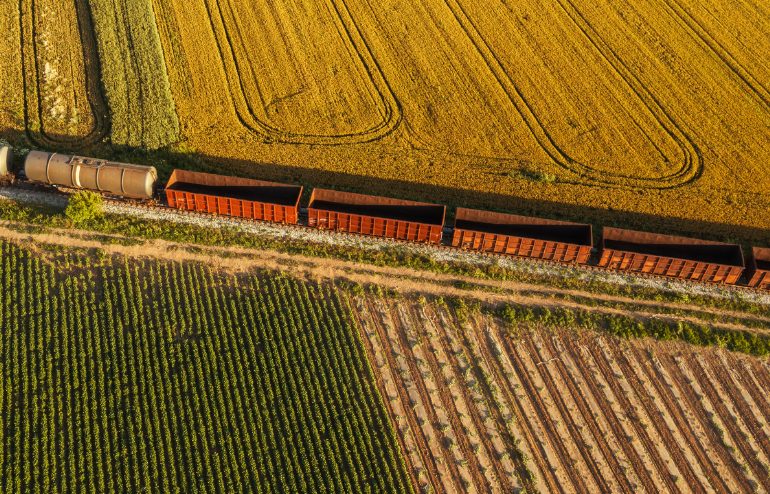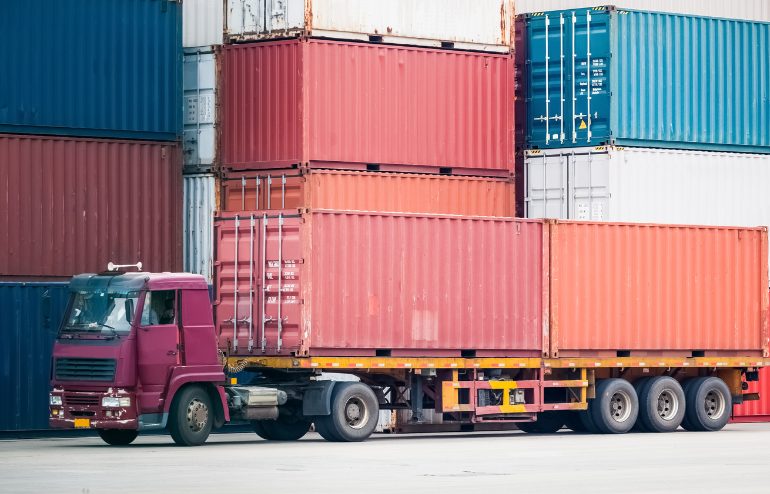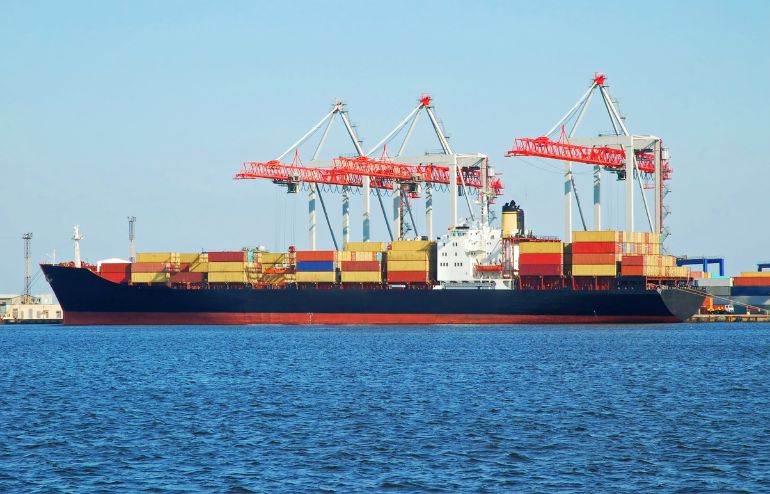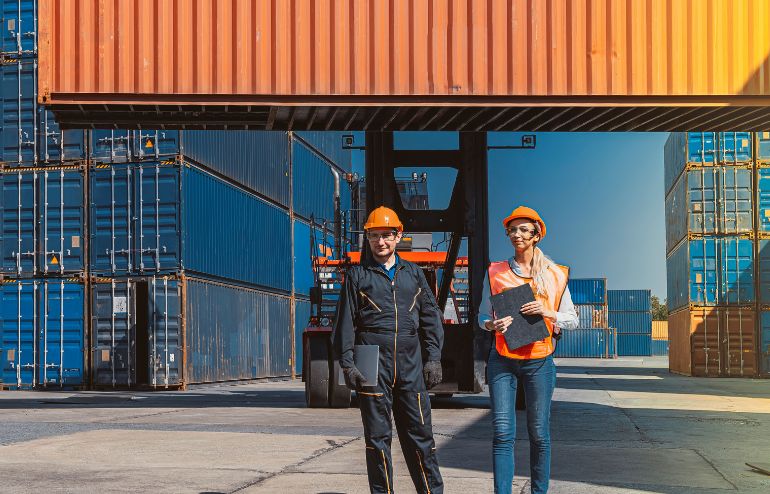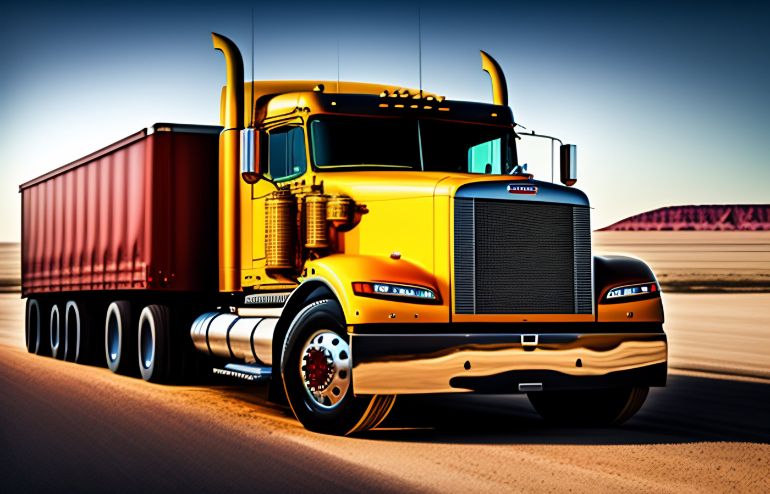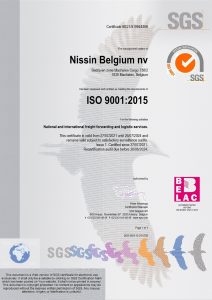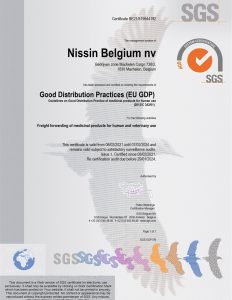Shipping goods overseas can be complex, with many factors to consider. One of the most important choices is selecting the right shipping container for your ocean freight. Your choice can impact your cargo’s safety, cost, and overall logistics efficiency.
In this guide, we will explore how to choose the ideal shipping container to meet your needs, making your ocean freight logistics smooth and efficient.
How to Choose Ocean Shipping Container?
Cargo Type
Different cargo types require different containers. For instance, a refrigerated or insulated container (often known as a reefer) is ideal if you’re shipping perishable goods. On the other hand, standard dry containers are suitable for most general cargo. Make sure your container matches your cargo’s specific requirements.
Container Size
Container sizes vary; the most common options are 20-foot- and 40-foot containers. Your choice will depend on the volume of your cargo. Smaller shipments can be accommodated in 20-foot containers, while larger loads will need the space provided by 40-foot containers.
Container Condition
Inspect the condition of the container carefully. If you opt for a used container, ensure it’s in good shape free from leaks, rust, and damage. This is vital to protect your cargo during transit.
Destination and Duration
Consider the destination and duration of your shipment. Some goals may have specific container requirements due to climate or security concerns. Additionally, the length of the voyage and the weather conditions your cargo will face should be considered.
What are the four types of ocean containers?
The four main types of shipping containers are:
Dry Containers
This enclosed steel box is the most common option for general cargo. They offer weatherproofing and security for dry goods. Standard sizes are 20 and 40 feet.
Refrigerated Container
Also known as a reefer, this container has an integrated refrigeration unit to control temperature. Perishable goods like food and pharmaceuticals require reefers.
Tank Container
Tank containers hold liquids in an enclosed cylindrical tank. Available in different capacities, these are ideal for chemicals, oils, and liquids.
Flat Rack Containers
Flat rack containers have a removable fabric or tarp top, allowing top loading of oversized cargo. These are good for tall, odd-shaped items.
Choosing What’s Right for You
Understanding your cargo and its specific needs allows you to select the most suitable container for ocean freight logistics. Whether you are shipping standard goods, perishable items, oversized equipment, or delicate cargo, a container type is designed to meet your requirements.
Ocean freight is an important component of international trade, connecting businesses worldwide. The right container ensures your cargo’s safety, integrity, and timely delivery, helping you establish a seamless global supply chain.
Experienced logistics experts at Nissin Belgium can further guide you in choosing the right container for your unique situation. We are dedicated to providing tailored solutions for your shipping needs. Our expertise in ocean freight logistics and commitment to customer satisfaction make us the ideal partner for your shipping requirements.
Contact us on + 32 2 751 44 99 or write to us at HowCanIHelpYou@be.nissin-eu.com today to learn more about our ocean freight logistics services.


